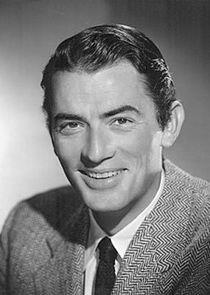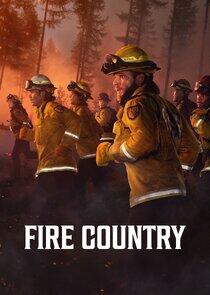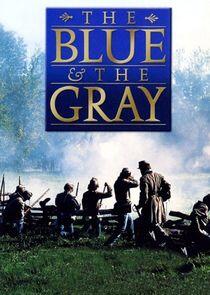
Gregory Peck
After studying at the Neighborhood Playhouse with Sanford Meisner, Peck began appearing in stage productions, acting in over 50 plays and three Broadway productions. He first gained critical success in The Keys of the Kingdom (1944), a John M. Stahl–directed drama that earned him his first Academy Award nomination. He starred in a series of successful films, including romantic-drama The Valley of Decision (1944), Alfred Hitchcock's Spellbound (1945), and family film The Yearling (1946). He encountered lukewarm commercial reviews at the end of the 1940s, his performances including The Paradine Case (1947) and The Great Sinner (1948). Peck reached global recognition in the 1950s and 1960s, appearing back-to-back in the book-to-film adaptation of Captain Horatio Hornblower (1951) and biblical drama David and Bathsheba (1951). He starred alongside Ava Gardner in The Snows of Kilimanjaro (1952) and Audrey Hepburn in Roman Holiday (1953).
Other notable films in which he appeared include Moby Dick (1956, and its 1998 mini-series), The Guns of Navarone (1961), Cape Fear (1962, and its 1991 remake), The Omen (1976), and The Boys from Brazil (1978). Throughout his career, he often portrayed protagonists with "moral fiber". Gentleman's Agreement (1947) centered on topics of antisemitism, while Peck's character in Twelve O'Clock High (1949) dealt with the challenges of military leadership and post-traumatic stress disorder during World War II. He won the Academy Award for Best Actor for his performance as Atticus Finch in To Kill a Mockingbird (1962), an adaptation of the modern classic of the same name which revolved around racial inequality, for which he received acclaim. In 1983, he starred opposite Christopher Plummer in The Scarlet and The Black as Hugh O'Flaherty, a Catholic priest who saved thousands of escaped Allied POWs and Jewish people in Rome during the Second World War.
Peck was also active in politics, challenging the House Un-American Activities Committee in 1947 and was regarded as a political opponent by President Richard Nixon. President Lyndon B. Johnson honored Peck with the Presidential Medal of Freedom in 1969 for his lifetime humanitarian efforts. Peck died in his sleep from bronchopneumonia at the age of 87.
Biography from the Wikipedia article Gregory Peck. Licensed under CC-BY-SA. Full list of contributors on Wikipedia.
Known For
Part of Crew
Recently Updated Shows

Fire Country
In Fire Country, seeking redemption and a shortened prison sentence, young convict Bode Donovan joins a firefighting program that returns him to his small Northern California hometown, where he and other inmates work alongside elite firefighters to extinguish massive blazes across the region.

Revival
Revival is set on one miraculous day in rural Wisconsin when the recently deceased suddenly rise from their graves. But this is no zombie story as the "revived" appear and act just like they once were. When local Officer and single mother Dana Cypress is unexpectedly thrown into the center of a brutal murder mystery of her own, she's left to make sense of the chaos amidst a town gripped by fear and confusion where everyone, alive or undead, is a suspect.

Ghosts
Samantha and Jay throw caution to the wind when they convert their recently inherited country estate into a bed-and-breakfast. Call it mislaid plans. Not only is the place falling apart, but it's also inhabited by spirits of previous residents -- whom only Samantha can see and hear. Ghosts spins the funny, heartfelt story about a newfound dream that reveals connection and self-discovery aren't just for the living.

The Agency: Central Intelligence
The Agency: Central Intelligence follows Martian, a covert CIA agent ordered to abandon his undercover life and return to London Station. When the love he left behind reappears, romance reignites. His career, his real identity and his mission are pitted against his heart; hurling them both into a deadly game of international intrigue and espionage.



